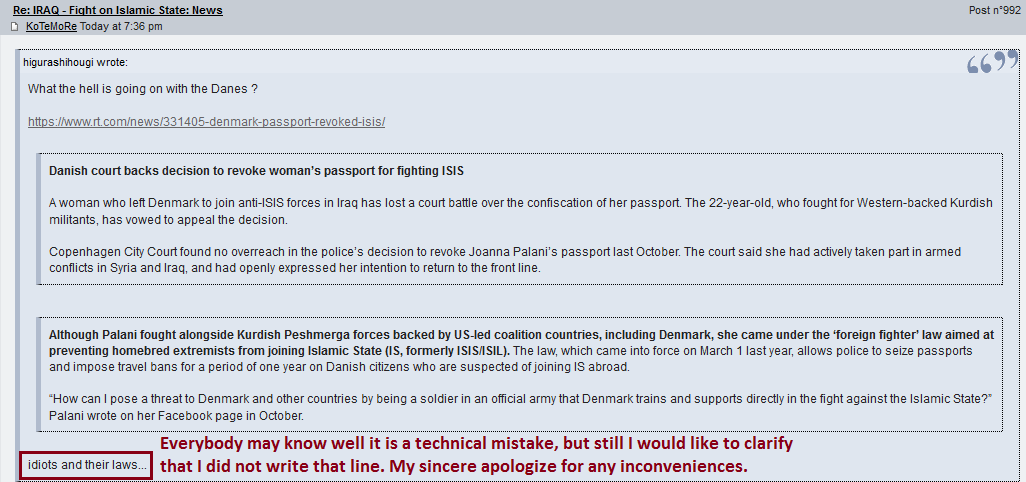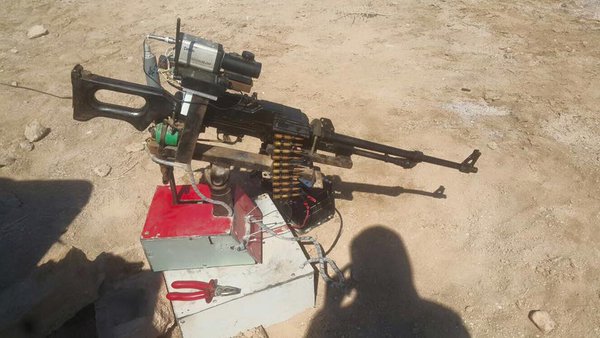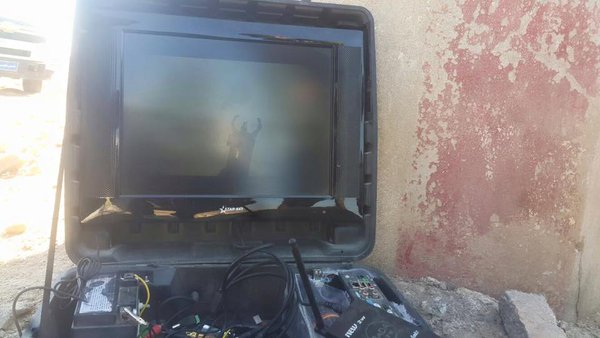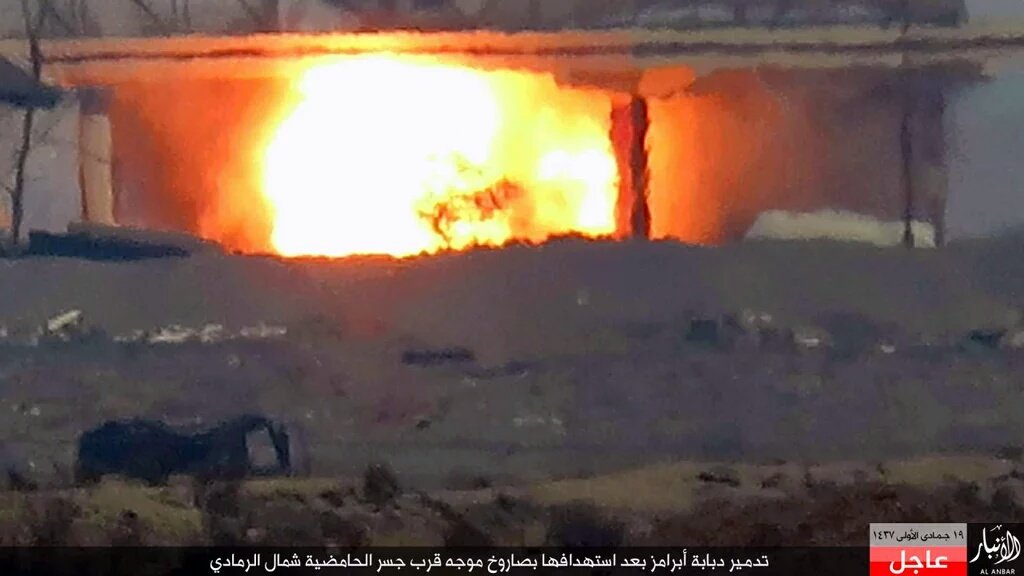 George1 Sat Feb 20, 2016 1:01 pm
George1 Sat Feb 20, 2016 1:01 pm
Iraqi Tribesmen, Daesh Clash in Fallujah
Conflicting reports suggest that Iraqi tribesmen may have made significant territorial advances in the Daesh-stronghold of Fallujah on Friday after the violent extremists brutally assaulted a woman.
"The clashes started when dozens of Fallujah men stood against Daesh who started to beat a woman in a Fallujah market because she was not wearing gloves," said Sabah Karhoot, the chairman of the governing council of Anbar province, where the city is located. "Therefore, the men could not stand and do nothing."
The attack on the woman was carried out by Daesh’s al-Hisba arm, tasked with executing the religious strictures that the extremist organization imposes within the territory by means of taxation, beatings, torture, or death.
According to Karhoot, "In the beginning the tribesmen fought al-Hisba with their hands and knives, but after a while the situation evolved into armed clashes" between Daesh and the local tribesmen.
Western media outlets report that tribesmen seized entire areas of northern Fallujah, echoing statements by Fallujah’s Governor Saadon Ebeid al-Shaalan to Iraqi media. Governor al-Shaalan further said Daesh had retreated into the city’s center after suffering major casualties in northern Fallujah.
Governor al-Shaalan, along with the council of Anbar Province, openly called for a "tribal revolt" against Daesh in Fallujah, requesting that the Iraqi national government assist the tribesmen.
In contrast, the Iraqi Interior Ministry released a statement that Daesh recaptured the territory in question after regrouping, and further confirmed that the clash was initiated by the assault of the woman in the market.
Fallujah, a city of 300,000 residents just 43 miles from Baghdad, has remained under Daesh control since January 2014. Middle East analysts speculate that the tribesmen, the primary resistance in Fallujah against Daesh, are affiliated with al-Qaeda and actively oppose the Shia-led Iraqi national government, highlighting the complex sectarian divides within the war-torn country.
The most horrific battles during the US-led invasion and subsequent occupation in Iraq occurred in the battle-scarred city of Fallujah. At the toppling of Saddam Hussein’s regime many Sunni Muslims, some extremists and some Baathist loyalists fled Baghdad to avoid persecution.
Prior to the establishment of a functioning government, Sunni Muslims, both moderate and hard line, were systematically attacked by the Iranian-supported Shia militia, the Mahdi Army. Many Middle East pundits argue that this power vacuum and subsequent persecution facilitated the radicalization of the previously moderate Baathists. This reality complicates assessments of whether tribesmen and regional anti-Daesh rebels should be considered terrorists, and whether it is appropriate for Western governments to arm, fund, and support these anti-Daesh forces.
Read more: http://sputniknews.com/middleeast/20160220/1035072805/iraq-tribesman-daesh-or-isis-clash-fallujah.html#ixzz40iFTPKbu



 higurashihougi
higurashihougi











